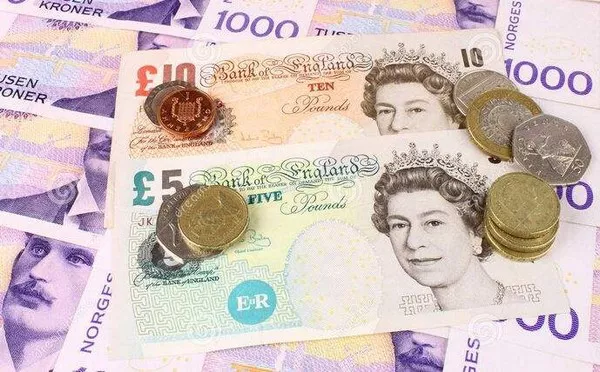In the realm of global finance, exchange rates play a pivotal role in shaping economic landscapes. Investors, businesses, and individuals keenly monitor the fluctuations of currencies to make informed decisions. In this article, we delve into the intricacies of the current exchange rate between the British Pound (GBP) and the Japanese Yen (JPY), shedding light on the dynamics that influence the value of 1 pound in yen.
Understanding Exchange Rates
Exchange rates, the relative value of one currency against another, are influenced by a myriad of factors. Economic indicators, geopolitical events, and market sentiment collectively contribute to the constant ebb and flow of currency values. For those specifically interested in the GBP to JPY exchange rate, the current figure stands at 186.49, as of the latest data available.
Current Exchange Rate Analysis
1. Economic Indicators
The health of a nation’s economy significantly impacts its currency’s strength. In the case of the GBP to JPY exchange rate, economic indicators from both the United Kingdom and Japan are crucial. Factors such as GDP growth, employment rates, and inflation can influence investor confidence and subsequently impact the exchange rate.
2. Interest Rates
Central banks play a pivotal role in determining interest rates, which, in turn, affect exchange rates. A higher interest rate in one country compared to another can attract foreign capital, strengthening the currency. Analyzing the interest rate differentials between the Bank of England and the Bank of Japan provides valuable insights into the current GBP to JPY exchange rate.
3. Political Developments
Geopolitical events, including political stability, elections, and policy changes, can significantly impact currency values. Investors closely monitor political developments in both the UK and Japan to anticipate potential shifts in the GBP to JPY exchange rate.
4. Trade Balances
Trade balances, the difference between exports and imports, influence currency values. Examining the trade relations between the UK and Japan provides a nuanced understanding of the factors contributing to the current exchange rate.
5. Market Sentiment
Investor sentiment plays a crucial role in currency markets. Factors such as risk appetite, global economic conditions, and market speculation can lead to abrupt fluctuations in exchange rates. Analyzing market sentiment is imperative for those tracking the GBP to JPY exchange rate.
6. Historical Trends
Examining historical trends provides context to the current exchange rate. Understanding past fluctuations and the reasons behind them can offer valuable insights into potential future movements in the GBP to JPY exchange rate.
7. Impact of Global Events
Global events, such as economic crises, natural disasters, and pandemics, can have far-reaching consequences on exchange rates. Assessing the impact of recent global events on the GBP to JPY exchange rate is essential for a comprehensive analysis.
8. Currency Market Dynamics
The currency market operates 24/5, and understanding its dynamics is crucial for those engaged in currency trading. Liquidity, volatility, and market participants collectively contribute to the constant movements in the GBP to JPY exchange rate.
9. Technological Advancements
Advancements in technology have transformed currency trading. Algorithmic trading, artificial intelligence, and automated systems now play a significant role in influencing exchange rates. Examining the impact of technological advancements on the GBP to JPY exchange rate provides a forward-looking perspective.
10. Forecasting Future Movements
Given the dynamic nature of currency markets, forecasting future movements in the GBP to JPY exchange rate involves a combination of technical analysis, fundamental analysis, and an understanding of macroeconomic trends. Traders and investors often rely on various forecasting models to make informed decisions.
Conclusion
In conclusion, the current GBP to JPY exchange rate reflects a complex interplay of economic, political, and global factors. For individuals and entities involved in international trade or currency trading, a thorough understanding of these dynamics is imperative. As the global financial landscape continues to evolve, staying abreast of economic indicators, geopolitical developments, and market trends remains paramount for those seeking to navigate the intricacies of the GBP to JPY exchange rate.
Related Topics:
Is the Pound Stronger than the Dollar?
Will the Pound Get Stronger? A Comprehensive Analysis
Why GBP is Falling? Exploring the Factors Behind the Decline

























